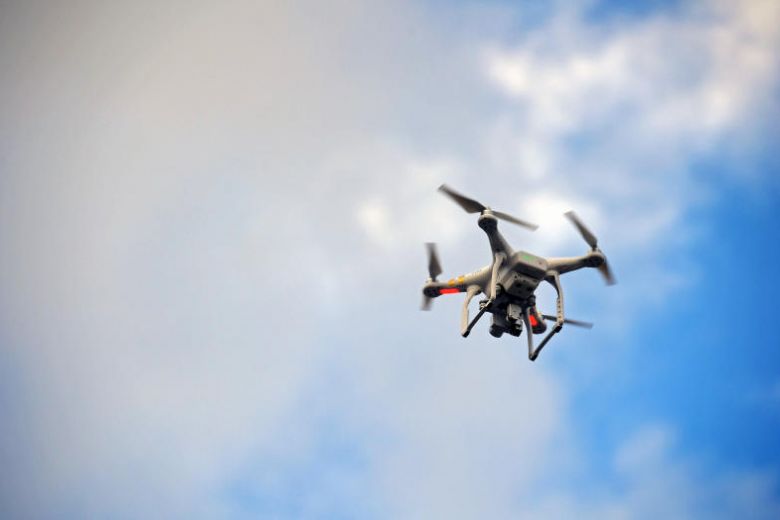Rules must be made to restrict use of autonomous AI weapons systems: Yomiuri Shimbun
In the editorial, the paper says that the challenge lies in putting together workable rules on the development and application of lethal autonomous weapons systems (LAWS).
Sign up now: Get insights on Asia's fast-moving developments

Unlike unmanned weapons such as drones (above), which are remote-controlled by humans, it may become difficult to determine where the responsibility for attacks lie when it comes to lethal autonomous weapons systems.
PHOTO: ST FILE
Follow topic:
TOKYO (THE YOMIURI SHIMBUN/ASIA NEWS NETWORK) - Artificial intelligence (AI) makes autonomous judgements, devoid of any human intention to kill enemies.
If an AI-based weapons system is put into practical use, it may drastically change the nature of combat.
It is imperative for countries to deepen discussions on how to prevent unexpected developments brought on by the rapid progress of technology and make mutual concessions to work out realistic restrictive measures.
AI weapons are operated based on a huge amount of AI-analysed information about such things as the situation in a combat zone.
Their security advantages include a reduction in human error, as in the case of self-driving cars, and they also have the benefits of saving on labour and manpower.
However, the issue lies with lethal autonomous weapons systems (LAWS) where targets are selected and killed autonomously by AI without a human command.
Unlike unmanned weapons such as drones, which are remote-controlled by humans, it may become difficult to determine where the responsibility for attacks lie when it comes to LAWS. There is concern that it will become impossible for humans to control.
There is a view that the power of life and death should not be left in the hands of AI. Obviously, LAWS pose many problems in light of the International Humanitarian Law and from ethical viewpoints.
Meeting in Geneva, representatives and experts from various countries have compiled a report concerning the restriction of LAWS.
The report emphasises the necessity for involving human judgement in the use of LAWS, saying it is imperative to observe international laws such as the International Humanitarian Law.
Discuss concrete steps
The document has no legal binding power, but it can be said that sharing the emphasised principle among the countries marks a step forward.
Austria, Brazil and a group of developing countries call for the conclusion of a treaty banning LAWS from the standpoint of promoting disarmament.
On the other hand, the United States and Russia, which have taken the lead in the development of AI weapons, have a cautious stance toward banning or restricting LAWS. Thus, a gap has emerged between the two sides.
A challenge ahead is whether it is possible to put together workable rules on the development and application of LAWS based on the recently compiled report.
It is necessary to deepen debate on such concrete measures as restrictions on weapons systems designed for direct killing of humans, and securing human involvement in making decisions by incorporating a computer program to obtain permission from a commanding officer before attacking.
It is essential to have the United States and Russia engage fully in making rules and enhance the transparency of AI arms and trust among the countries.
At the same time, it is imperative to keep private-sector AI research and development from being regulated on the grounds that such technologies might be adapted for military purposes.
Japan takes the stand that it will not develop completely autonomous LAWS. The country must play a leading role in promoting a constructive debate on LAWS.
The Yomiuri Shimbun is a member of The Straits Times media partner Asia News Network, an alliance of 24 news media organisations.

